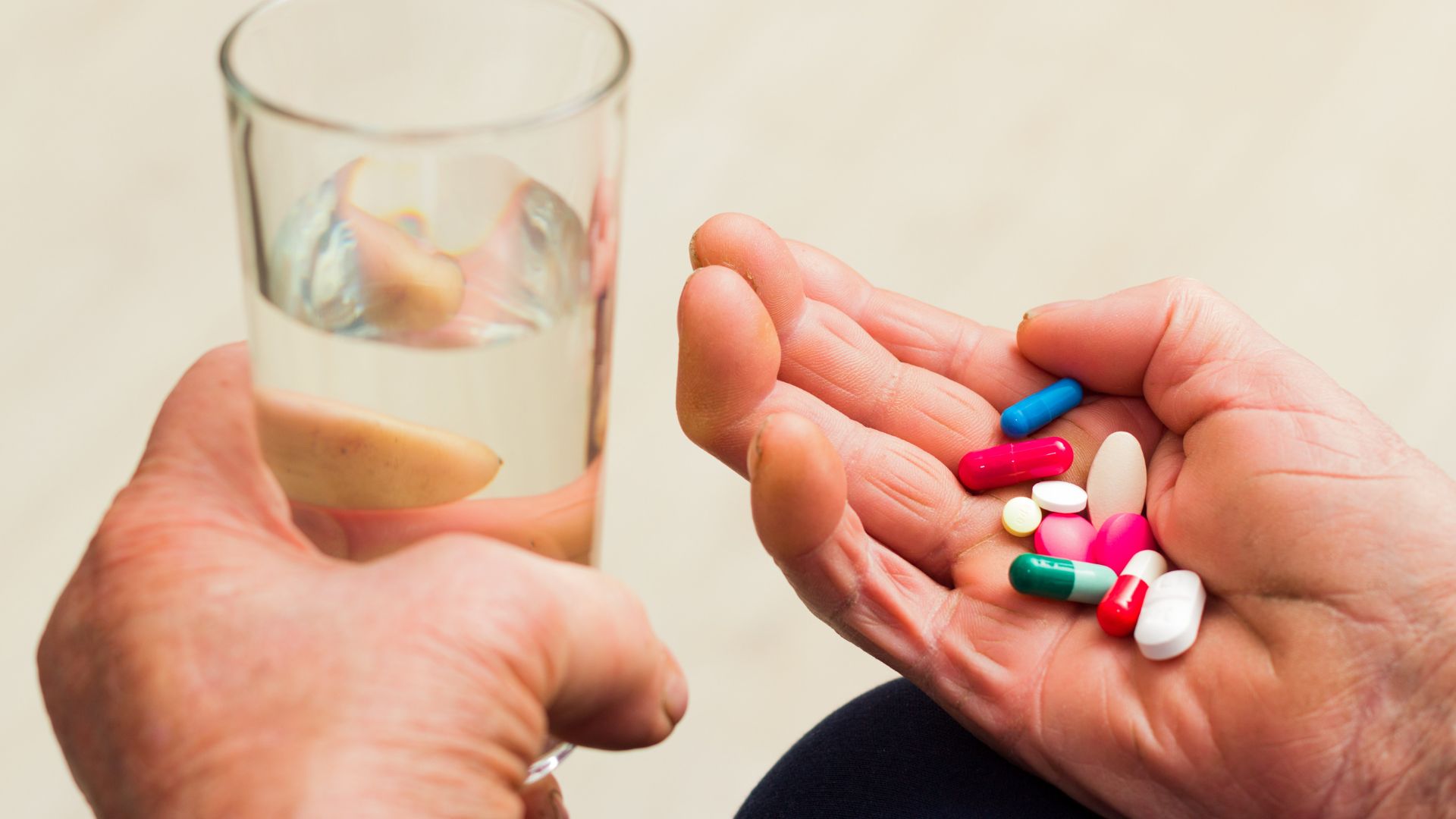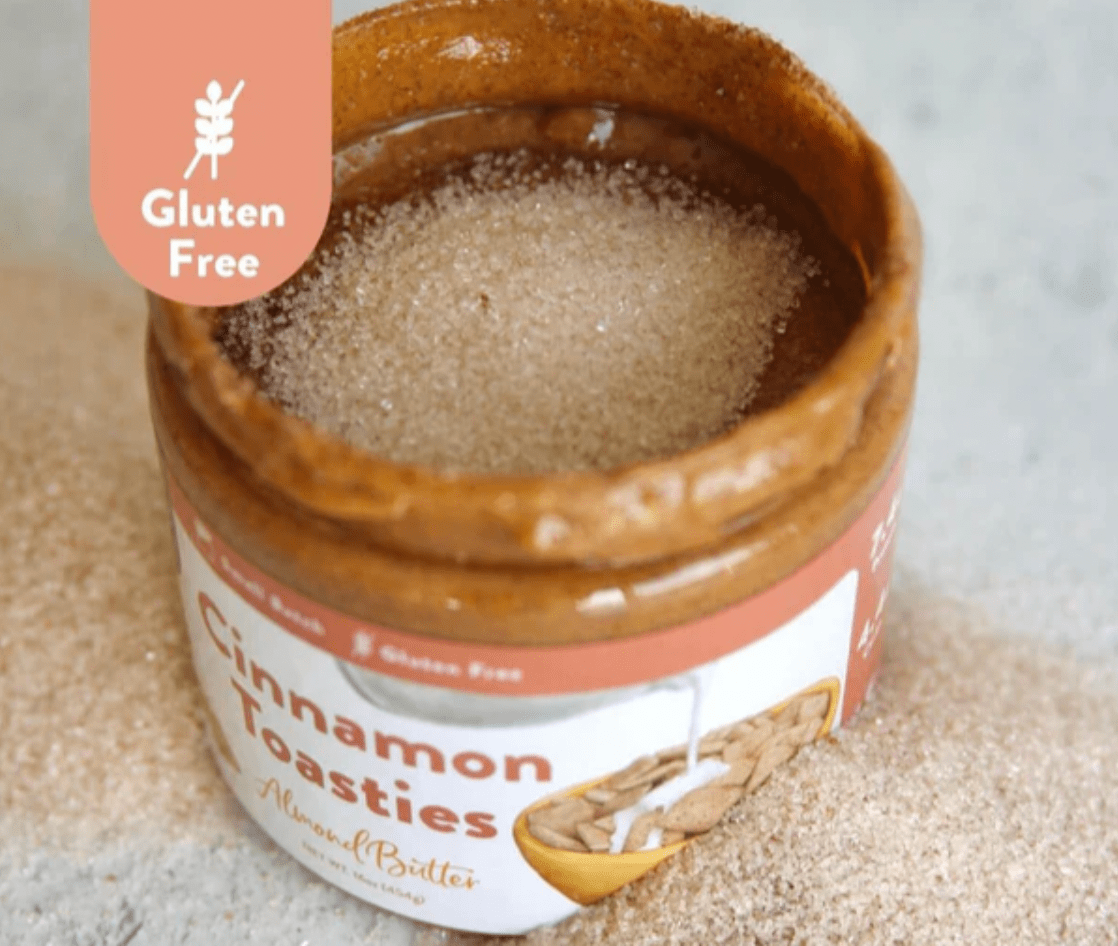Health
Common Health Issues Floridians Face

Headlines about the people in Florida range from marvelously bizarre to outright curious, highlighting sunny dispositions and extreme accidents. From people being washed away by flooding to a vehicle going through the office front of a dentist, Jacksonville, FL, and Tallahassee, FL, are homes to incidents that leave people injured—or worse—in their wake.
With other health-related headlines—fake nursing degrees and mold onset by hurricanes, for example—maintaining health and wellness in the Sunshine State is always a topic worthy of conversation. Here, we’ll explore some of the more common health issues the people of Florida deal with, as well as some ways to identify, treat, and prevent them without breaking the bank or inconveniencing themselves too greatly.
Accidental Injuries
Injuries resulting from accidents are so commonplace in Florida that it’s hard to believe some news stories from this state. For some reason, many would prefer to take their chances by wrangling in invasive species of animals, despite hurricane warnings, or even face-to-face with someone looking to start a problem. Of the nearly 80,000 deaths reported by Florida officials in the past year, over 32,000 were from poisoning, 16,000 were automotive-related, and 17,000 were due to falling. Preventable injuries and death seem to be Floridians’ most prominent health concerns. Many people can save themselves and their loved ones from accidents by paying slightly more attention.
Chronic Diseases
Diabetes, heart disease, and obesity are all severe health problems with genetic and environmental influences. Tackling these diseases takes preventative measures and careful observation of an individual’s habits. Still, these measures and observations are not always easy to commit to when you have some of the best foods in the world available to you. Unfortunately, many foods that cause the onset of diabetes, heart disease, and obesity can cause other health issues like gum disease and amputations, for example. Staying active and making healthier food choices will be your best defense against common chronic diseases suffered by Floridians.
Mental Health Endemics
Without access to many services or resources widely available in other states, mental health issues can be as prevalent—and dangerous—as physical health issues. Working together as a community to promote healthy lifestyles, supportive outlets, and safe environments for all citizens is the best way to tackle both mental and physical ailments. By doing so, Floridians can protect themselves from dangerous situations while improving their overall well-being.
Health
Snack Smarter: The Rise of Low-Calorie Almond Butter for Active Lifestyles

The snack aisle is shifting. For those who balance a busy life with a commitment to health and fitness, the rise of low-calorie almond butter offers a new way to snack smarter. American Dream Nut Butter is at the center of this change, blending clean ingredients with dessert-inspired flavors and added protein to create almond butter that is both nutritious and enjoyable.
Why Almond Nut Butter Is Key to Clean Eating
As consumers become more mindful of their food choices, the spotlight is increasingly on nutrient-dense snacks that provide sustained energy without excess calories. Almond butter, especially in low-calorie varieties, meets this demand by offering a rich source of healthy fats, fiber, and protein in a compact form. Compared to traditional spreads, such as peanut butter, almond butter often provides a smoother, lighter alternative with a different nutritional profile.
For those who track macros or embrace meal prepping, almond nut butter fits neatly into their plans. Its balance of fats and protein supports satiety, helping to keep hunger at bay between meals or during workouts. American Dream Nut Butter elevates this concept with high-protein options that blend the wholesome qualities of almonds with a subtle sweetness inspired by classic desserts.
How Much Protein is in Low Calorie Almond Butter for High Performance?
One common question around almond butter is: how much protein does almond butter contain? While natural almond butter provides a moderate protein boost, American Dream Nut Butter takes it a step further by creating blends that enhance protein content without relying on artificial sweeteners or fillers. This approach suits those seeking fuel for recovery or sustained energy throughout their day.
These protein-enhanced almond butters can work as a pre-workout snack, a post-exercise treat, or simply as a midday pick-me-up that aligns with a health-conscious lifestyle. The brand’s small-batch production method ensures each jar maintains a fresh, creamy texture that spreads easily or drizzles beautifully over everything from oatmeal to fruit.
Buy Almond Butter: Unique Flavors from American Dream

American Dream Nut Butter distinguishes itself with unique flavor profiles, such as Cinnamon Toasties and Cookie Batter. These offerings embrace the idea that healthful snacks can still delight the palate, using clean, natural ingredients to create indulgent taste experiences without sugar bombs or artificial additives. Each batch is hand-whipped in-house, reflecting the brand’s commitment to quality and care.
Their dedication to natural flavors and nutrient density allows consumers to enjoy a dessert-inspired snack while keeping their wellness goals intact. Whether you’re looking to buy almond butter that tastes like a treat or are curious where you can find almond butter crafted with both nutrition and flavor in mind, American Dream Nut Butter offers an accessible option.
Almond Nut Butter: Fuel for Athletes and Busy Parents
Almond butter’s versatility makes it appealing for a wide range of active lifestyles. For athletes, it provides a balanced blend of nutrients that supports energy and recovery without unwanted additives. For busy parents or professionals juggling multiple demands, it’s a convenient, clean snack that fits into hectic schedules without compromise.
The brand’s YouTube channel offers video insight into how these nut butters are crafted, revealing the hands-on process that ensures quality in every jar. By choosing American Dream Nut Butter, consumers support a product that embodies family values and a personal story of overcoming dietary challenges to create wholesome alternatives that everyone can enjoy.
Where Can You Find the Best Almond Butter & More? The Future Is Here
The growing interest in low-calorie nut butter reflects a broader shift in how people approach snacking—valuing nutrition, flavor, and mindful eating in equal measure. American Dream Nut Butter’s approach, which combines protein-rich formulas with all-natural ingredients and enticing flavors, shows how almond butter, peanut butter, and cashew butter can evolve from a niche health food into a daily staple for those who want to snack smarter.
For more on the evolving nut butter market and how it aligns with fitness trends, check out this feature on the rise of healthy high-protein nut butter. To explore American Dream Nut Butter’s full collection and shop their almond butter selections, visit their website.
American Dream Nut Butter invites you to experience healthy nut butters that strikes a balance between enjoyment and mindful nutrition—perfect fuel for active days and wellness routines alike.
*Images sourced from American Dream Nut Butter
-

 Tech4 years ago
Tech4 years agoEffuel Reviews (2021) – Effuel ECO OBD2 Saves Fuel, and Reduce Gas Cost? Effuel Customer Reviews
-

 Tech6 years ago
Tech6 years agoBosch Power Tools India Launches ‘Cordless Matlab Bosch’ Campaign to Demonstrate the Power of Cordless
-

 Lifestyle6 years ago
Lifestyle6 years agoCatholic Cases App brings Church’s Moral Teachings to Androids and iPhones
-

 Lifestyle4 years ago
Lifestyle4 years agoEast Side Hype x Billionaire Boys Club. Hottest New Streetwear Releases in Utah.
-

 Tech7 years ago
Tech7 years agoCloud Buyers & Investors to Profit in the Future
-

 Lifestyle5 years ago
Lifestyle5 years agoThe Midas of Cosmetic Dermatology: Dr. Simon Ourian
-

 Health6 years ago
Health6 years agoCBDistillery Review: Is it a scam?
-

 Entertainment6 years ago
Entertainment6 years agoAvengers Endgame now Available on 123Movies for Download & Streaming for Free
